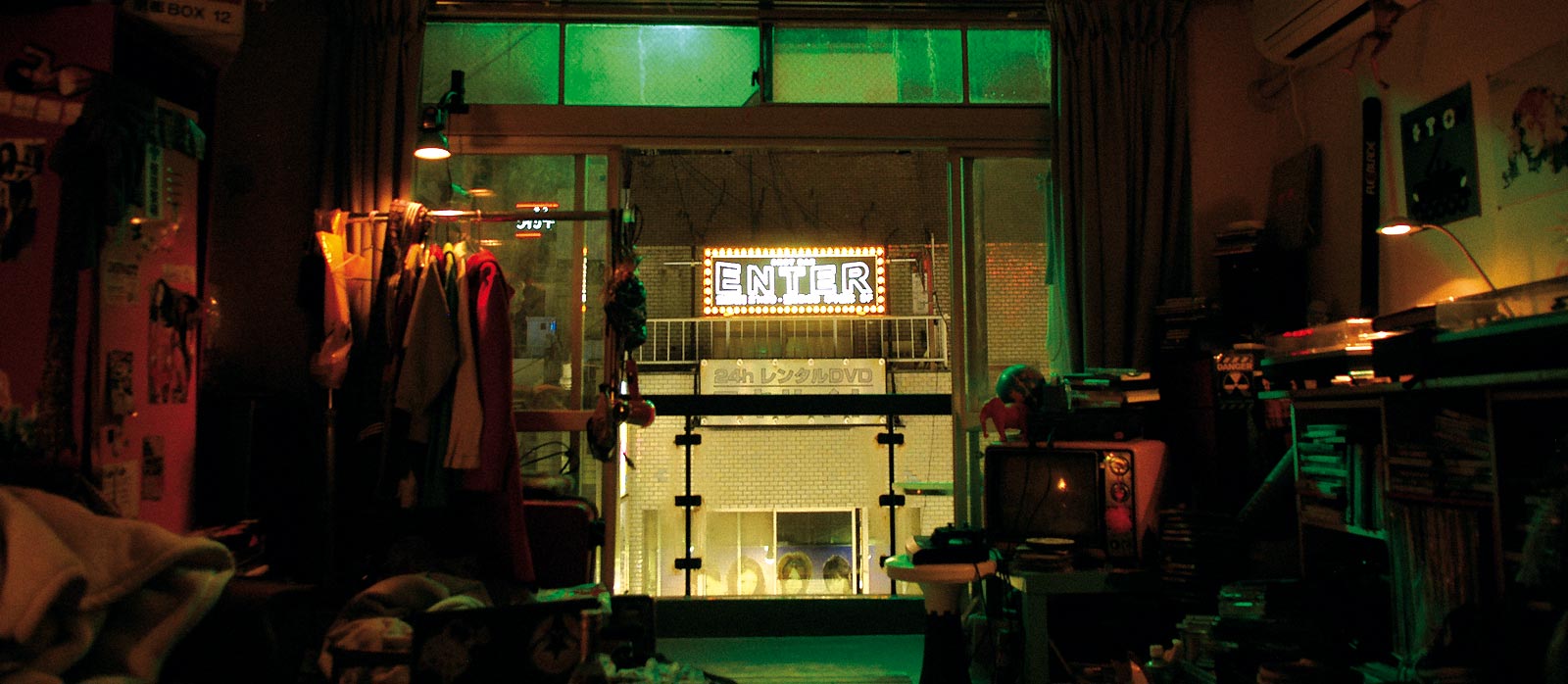My favorite thing about Skyline is that aliens with astonishing technology travel lightyears across the stars to eat our brains. That is, unfortunately, the only thing I liked about the movie. But it seems such a carefully-constructed piece of marketing, I get intrigued: the right blend of youthful stars, a certain WB-flavored twenty-something romantic-angst (and a subplot involving Love that carries through–in wonderfully risible fashion–to the film’s final moments), a leeriness about being too gory… pitched right in the 13-23 sweet spot. Sucked royally, but it was exactly what it wanted to be.
How Do You Know, on the other hand, is a fascinatingly inept blunder. There is here a very, very, very familiar romantic triangle with perfectly-cast leads, just enough in the way of subplots to make that trite central arc seem character-driven rather than generically-predestined. And yet the beats and rhythm of every scene are off. There is a first meeting between beleaguered nice-guy businessman-under-fire Paul Rudd and nice-gal serious-athlete-cut-from-the-team Reese Witherspoon that boggled my mind: if I saw the script, hell even if I sat in the editing room with these very takes, I could imagine this being punchy dialogue, coy revelations of character which set the stage for the two to come together . . . but the scene slows to a crawl, long pauses between dialogue, weirdly-intense two-shots, a treacly soundtrack (with a hint of a sad Rufus Wainwright song?) cuing the audience in an entirely different direction. It’s like a Billy Wilder script got directed by Sammy Maudlin.
Okay, it’s not a Billy Wilder script. But there’s something smart in much of the dialogue, and there are strong actors everywhere — what the hell happened here? It’s kind of amazing, because it’s so incompetent, by a guy with a helluva track record of more-than-competent.


